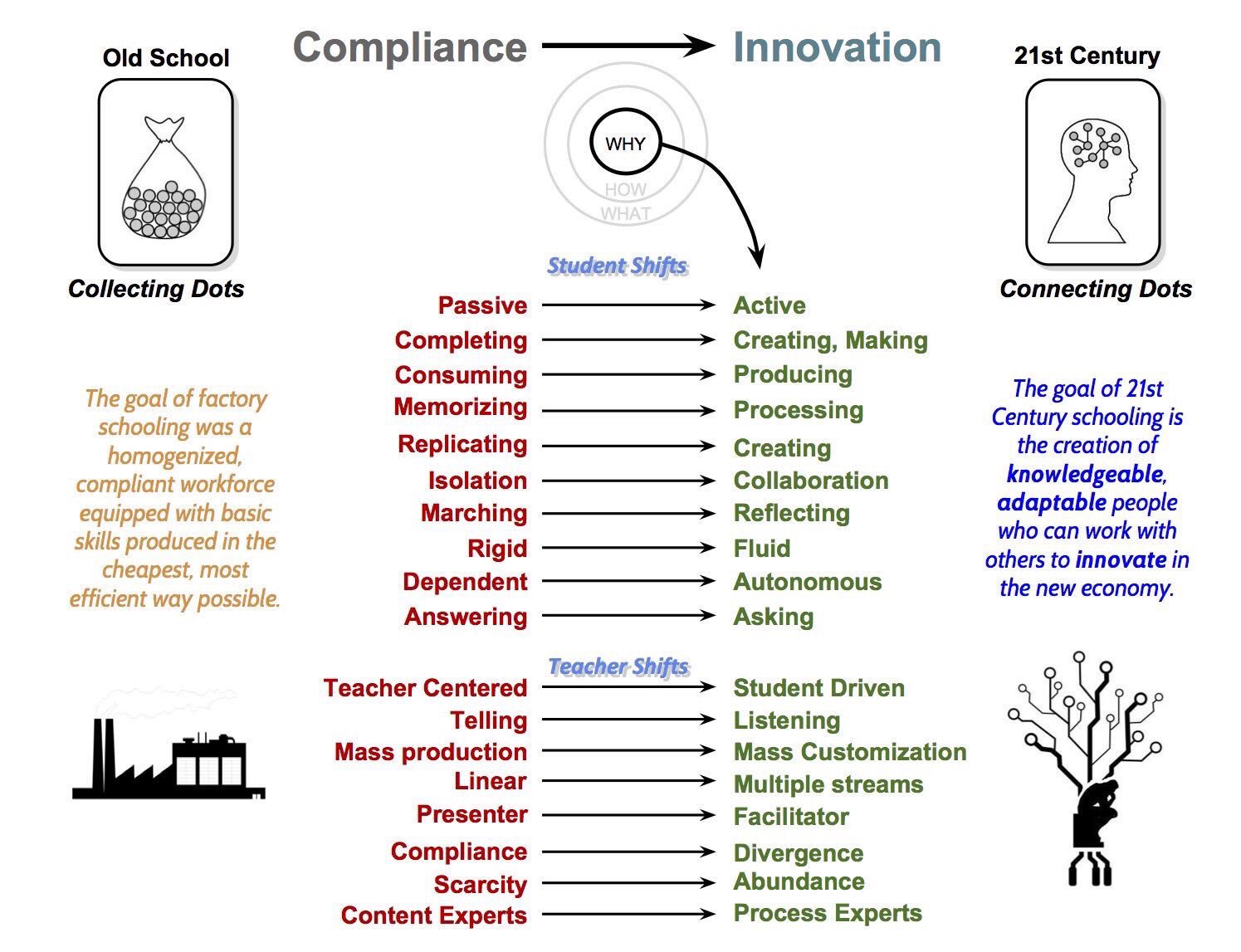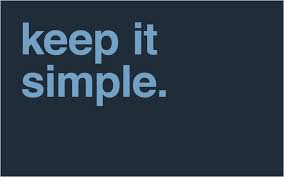The following blog post was printed in the Lethbridge Herald on March 8, 2017
Last week, as part of our ongoing professional learning, school and system leaders watched the documentary, “Paper Tigers.” It is a story about an alternative high school in the state of Washington and its turnaround due to a focus and understanding of brain development and the impact of Adverse Childhood Experiences (ACEs). Holy Spirit leaders have committed to learning more about brain development in order to better support all of our students.
We know that childhood experiences, both positive and negative, have an impact of the development of a child. While we often believe that stress is about negative experiences, we need to understand that not all stress is bad. Positive stress, like meeting new people or starting the first day of school, is actually helpful. With adult support even some tough and stressful situations can assist children in preparing their brains and bodies for future challenges. Resiliency is developed over time through supportive adults teaching coping skills, as opposed to simply eliminating stressful situations all together.
On the other end of the spectrum of positive and tolerable stress is what is most concerning to the development of the child’s brain. Toxic stress is severe and ongoing and often caused by abuse, neglect and addiction. Research is showing that this type of stress, without any buffering from supportive adults, has impacts throughout school into adulthood. Toxic stress is an adverse childhood experience.
Adverse Childhood Experiences are reported through the lenses of abuse, neglect and family/household challenges. A simple questionnaire of 10 questions provides an ACE score (http://www.ncjfcj.org/sites/default/files/Finding%20Your%20ACE%20Score.pdf). The long term effect of a high ACE score is staggering with increases in risks of future violence as well as negative impacts to health and opportunity. For example, a person with an ACE score of 4 or more is 7 times more likely to go to prison and 12 times more likely to attempt suicide. Unfortunately, even in the best neighbourhoods and within the highest socioeconomic status, all children can experience toxic stress in their first 18 years of life.
There are many strategies within education to mitigate the impact of these negative experiences. Strong early learning programs with a focus on growth through play and interaction are key. Ensuring that every student has at least one significant adult in his/her school life is essential. And finally, understanding that a child’s severe misbehaviour is often due to a lack of skill and not a lack of desire, and that responding with empathy is vital. Educators and especially those in leadership positions must continue to build their knowledge on brain development to ensure that we are able to support students to develop the skills they require to become healthy, contributing and resilient adults.
But our greatest chance of success towards building better brains and decreasing negative childhood experiences must come from society as a whole. It cannot rest solely in the educational realm. Parents, grandparents and other caregivers are key participants, but so are politicians, business and industry leaders and the general public. The Alberta Family Wellness Initiative (http://www.albertafamilywellness.org/) provides some excellent user friendly videos and resources. We now have the research on brain development to make great strides in the lives of all citizens and the time is now to make it happen!








